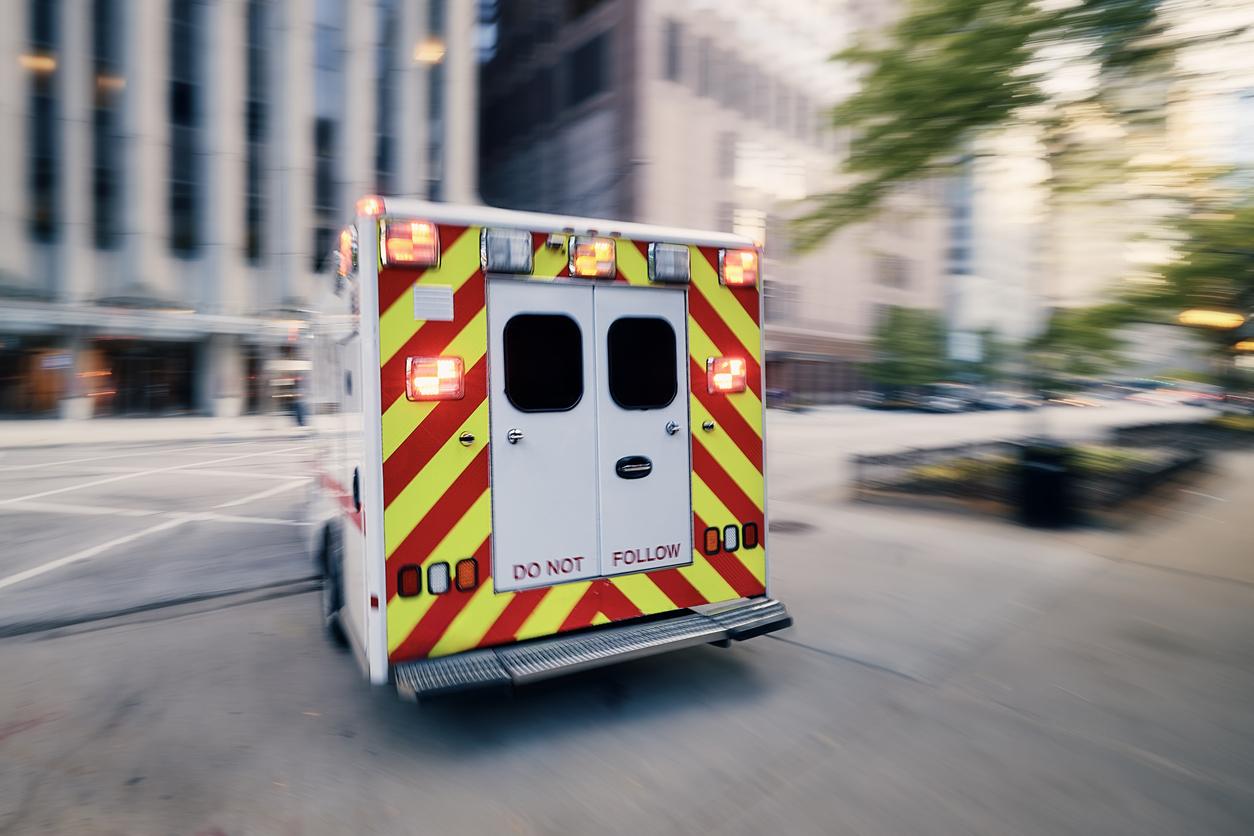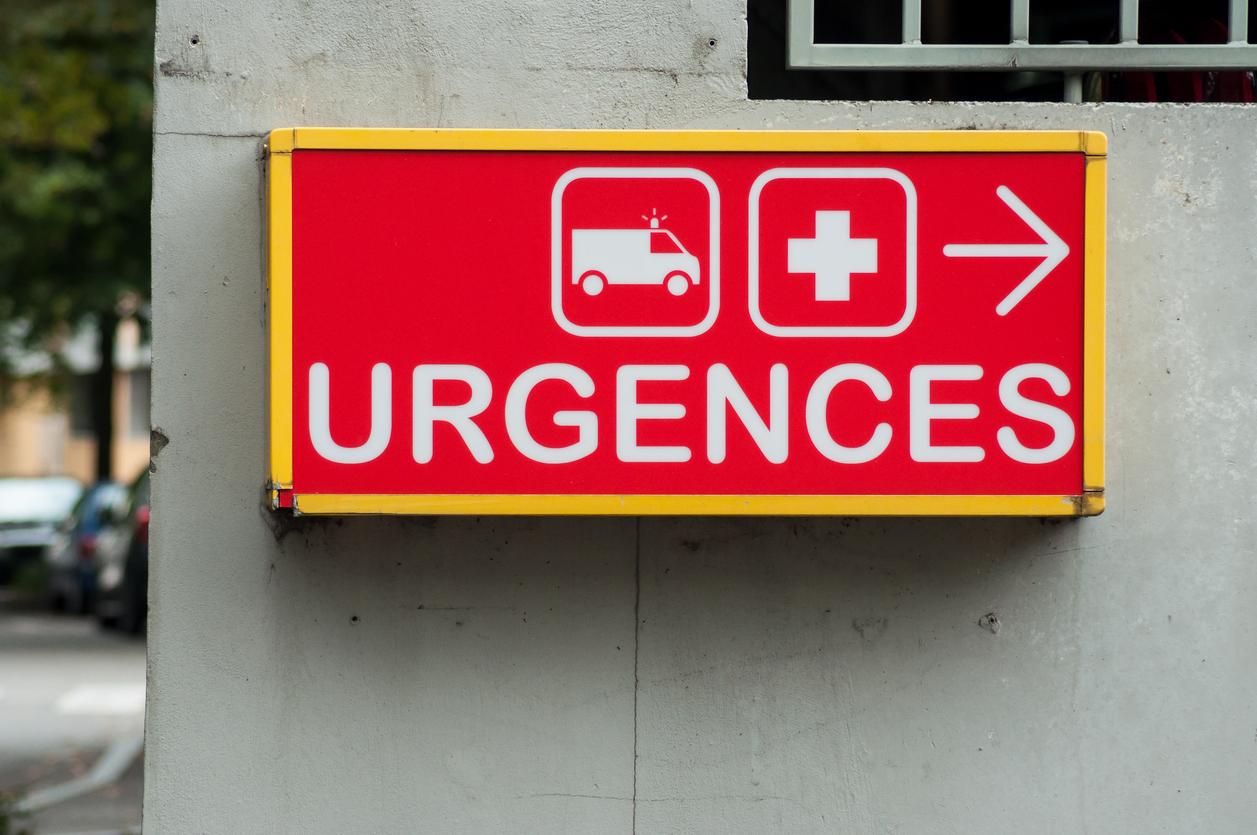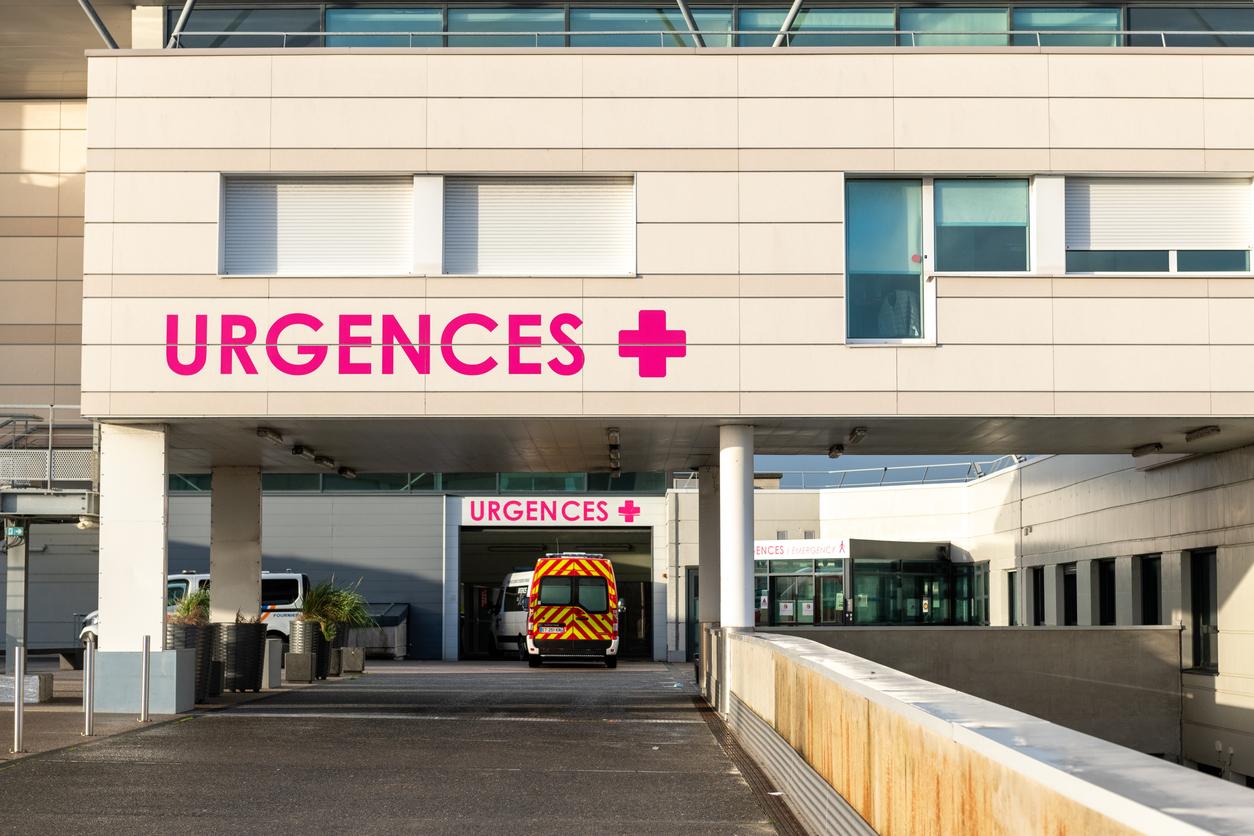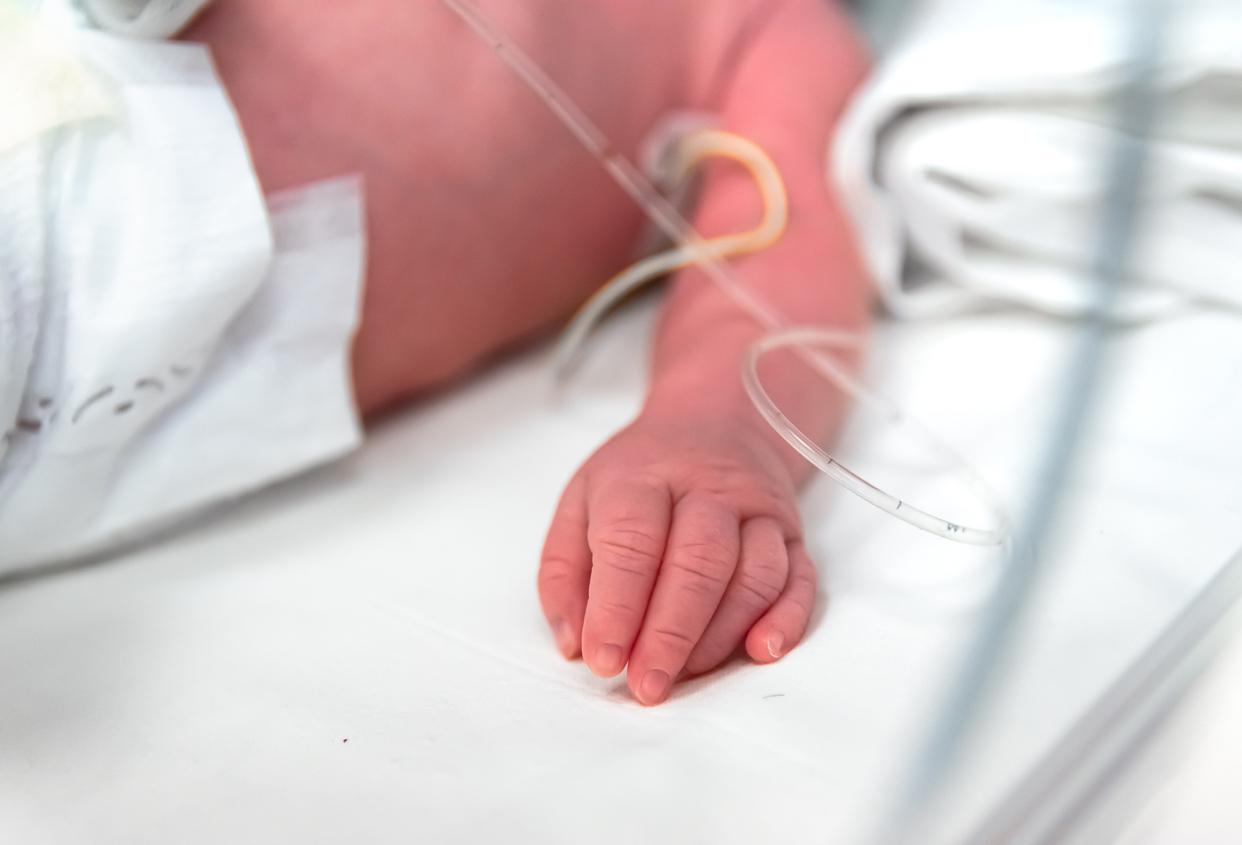
‘Young people often call in the evenings’
After the emergency post in the hospital, the emergency physician’s post is now also seriously overloaded. An article in the Volkskrant shows that the general practitioners can hardly handle the flow of patients in the evenings and weekends. When the emergency room of the hospital was busy, it was caused by the elderly, but now the young are also identified as the cause.
In Amsterdam, the GP even threatens to close at peak times, so writes de Volkskrant. A report shows that the crowds are indeed enormous. The phone rings continuously. Often the complaint is actually mild and it could well have waited until the next working day, according to the triagists and general practitioners in the article.
Hospital overloaded more often
In the emergency department of the hospital, the peak pressure has been a problem for some time. It is already practice there that the post sometimes keeps the gate closed for hours, because there is no more room for new patients. Emergency room doctor and researcher Menno Gaakeer explained in Plus Magazine why this is and what possible solutions are. One of these is that, due to the aging population, more and more older people end up in the emergency room, according to Gaakeer. They usually have several conditions at the same time and thus a more complex medical history. More time is needed for this and as a result it will be even busier than it already was due to the decrease in the total number of emergency rooms in the Netherlands.
Not the elderly, but the young
At the GP post, the finger is pointed at the young people, as the cause of the extreme crowds. Although the elderly on average have more ailments and use more medicines, the younger people in particular call the emergency physician’s office in the evenings and at weekends. That’s what GP Ineke Kagenaar says in the Volkskrant: ‘The generation between 20 and 30 in the Randstad can be quite compelling. They simply say that they want to see a specialist now, that they want a photo now. Some get angry and say: I’m paying for this, right? Young people don’t seem to know that sometimes the flu just keeps you coughing for a few weeks. While the older generation is sometimes just too modest and after three epileptic attacks in a row still thinks: I won’t call tonight, he won’t die, will he?’
It has to be different
Whether it concerns emergency care at the general practitioner or in the emergency room in the hospital: the Ministry of Health has been working on a new organization of emergency care for some time. Because that something has to change – everyone agrees on that. Yet it is sensitive. Better organization of emergency care is a difficult file, because many care providers have to work together and the (financial) interests are great.
An earlier version of the plans was still cautious called ‘charcoal sketch acute care’. Because charcoal can easily be wiped away again. This outline states that urgent questions are avoided as much as possible. Or that they have to be solved by broad-based posts of collaborating care providers such as general practitioners, district nurses and psychological help. Only a small group of people go to life-threatening acute care. Minister Ernst Kuipers has now indicated that the real solution will come before the summer.

















